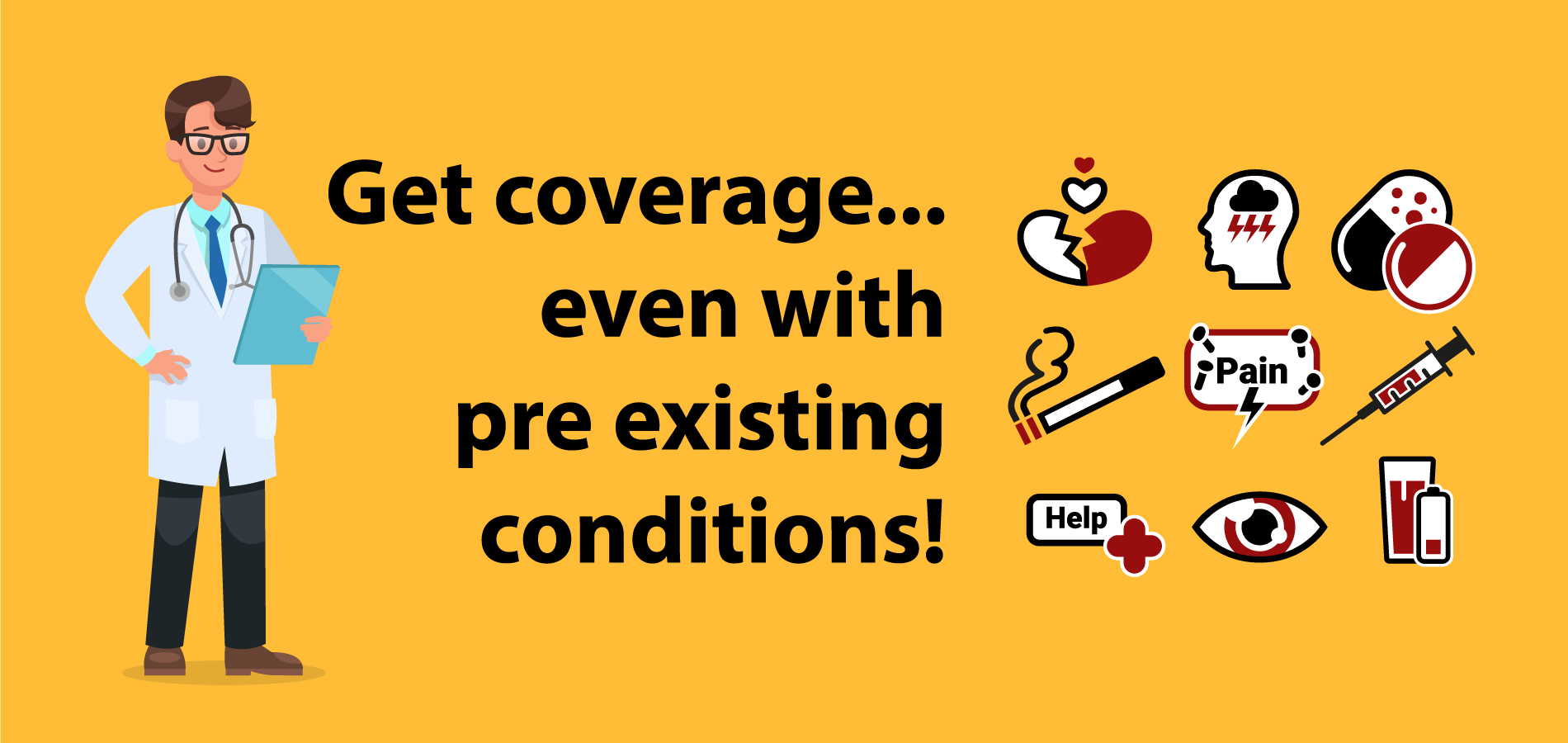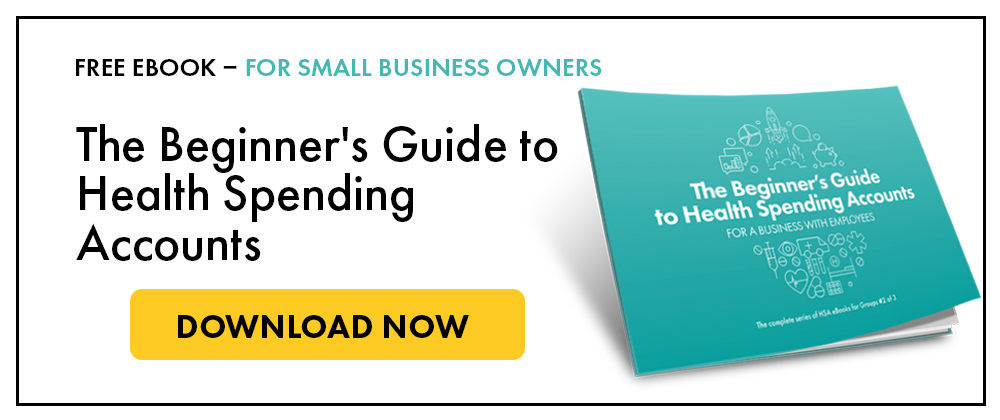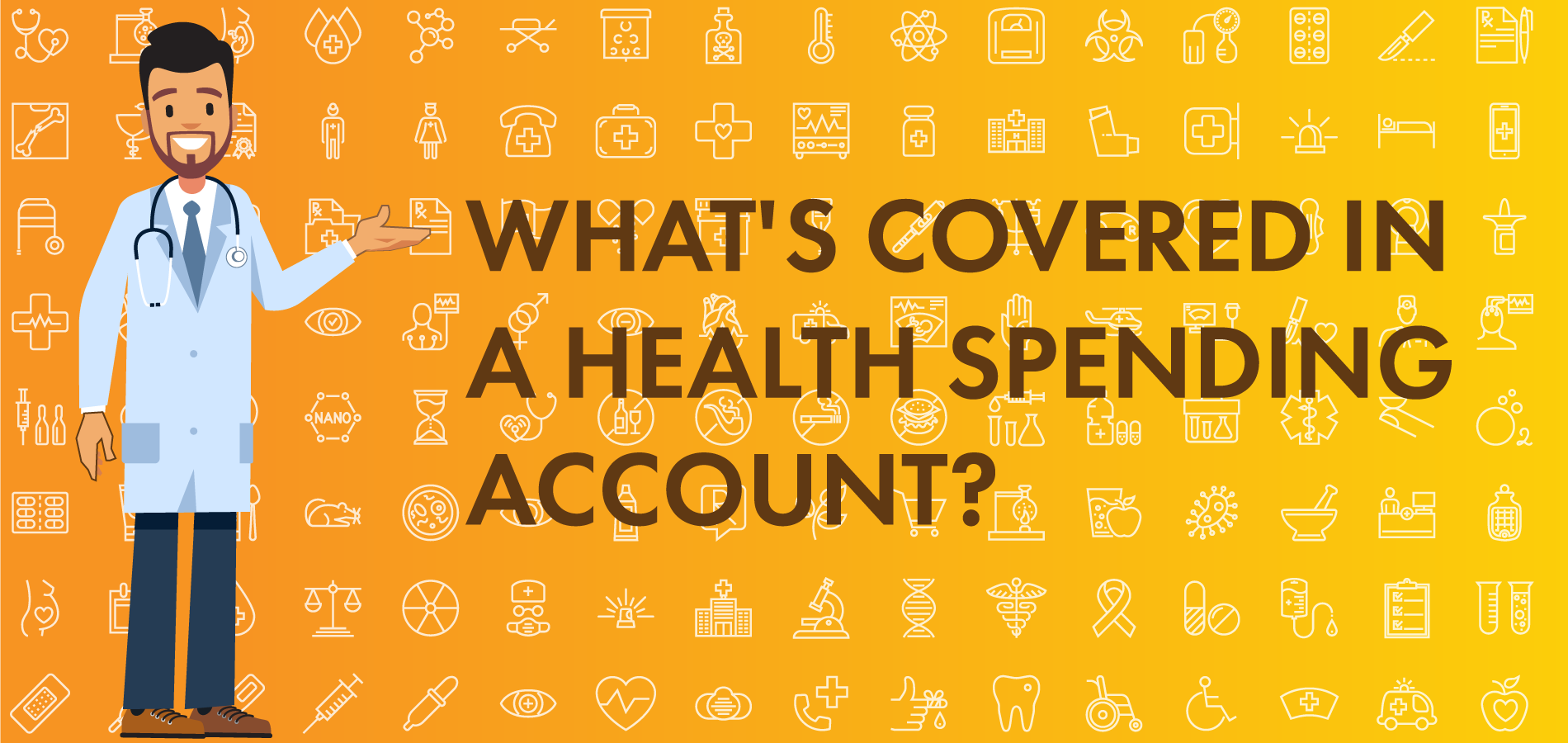This article covers:
- How insurance defines a pre existing condition
- The two distinct types of health insurance in Canada
- How health insurance with pre existing conditions works
- Why health insurance does not provide coverage
Bonus: we'll also talk about a viable health insurance alternative that (*hint*) provides complete coverage, even if you have pre existing conditions.
What is a pre-existing condition?
In health insurance, a pre-existing condition is any medical or health condition that existed or was previously diagnosed at the time of the insurance application. A pre-existing condition also exists if there were manifesting symptoms that a reasonable person would have or should have sought medical advice or treatment.
What is health insurance and does it cover pre-existing conditions?
There are two types of health insurance - public and private.
In Canada, public health insurance is provided by provincial governments under the Canada Health Act. It includes all pre-existing conditions. Health services are provided by the province in which the person resides. Examples of public health services provided are:
- Treatment, diagnostics and health exams provided by a medical doctor
- Treatment provided in the emergency room of a hospital
- Hospitalization
- Any other health services provided by a medical doctor or surgeon
These health services are paid by the province with no direct out of pocket expense for the person accessing the service and no exclusions for pre-existing conditions.
Prescription drug therapy administered in a hospital is also paid by the provincial government. Most provinces have a plan to pay for ongoing prescription drug therapy outside hospitalization. Many provincial health plans include some kind of coverage for prescription drugs, including those that treat pre-existing conditions.
Individual private health insurance plans are marketed and sold by insurance companies. These plans screen for pre-existing conditions at the time of application and exclude pre-existing conditions or decline coverage all together. Examples of private health coverage are:
- Ambulance
- Private or semi-private hospital
- Prescription drugs*
- Paramedical practitioners - such as chiropractic, massage, physiotherapy etc.*
- Dental*
- Vision*
Private health insurance is expensive in relation to the services provided. In most situations, a person is better off paying for non-catastrophic* services as they arise. Instead of paying a premium, put some money aside each month to pay for health and dental services. Look to the provincial health insurance plan to see what’s provided for prescription drug coverage, private or semi-private hospital and ambulance. Each year when filing your personal tax return, look to see if you qualify for some relief under the medical tax credit. If you’re an incorporated small business owner, consider setting up an HSA (Health Spending Account) to convert all after-tax health and dental bills to a before-tax business expense.
I am a small business owner. How can I get health and dental coverage if I have a pre existing condition?
Many Canadians looking for health and dental coverage may have pre existing conditions. Depending on your condition, it can limit your options. However, there is an alternative to private health insurance. A Health Spending Account (HSA) provides the same fundamental solution and is available to those with pre existing conditions. An HSA incorporates principles of tax planning paired with medical insurance and is created specifically for small business owners.
Why doesn’t private health insurance cover pre existing conditions?
Before we get too deep into how an HSA works. Let’s break down why traditional health insurance won’t insure those with pre existing conditions. Simply put, they know that you will claim more costs, which in turn, will diminish their profits. After all, insurance companies work by crunching numbers. Some insurance plans may still provide coverage, however, premiums will be undoubtedly higher than a plan without pre existing conditions. Furthermore, you will be subjected to complicated terms and conditions. This moves us onto our second point.
Should I avoid private health insurance?
As stated above, health and dental expenses are categorized as non-catastrophic/planned events. For example, you visit your dentist to get teeth cleaned 1-2 times a year. This is a planned event because you have it scheduled on your calendar.
On the other hand, there are chance (or unplanned) events. These are usually catastrophic events with a low probability of occurring. An example would be your house burning down or a fatal car crash. There is a low probability of occurrence but the event is still plausible. Insurance exists for these chance events. You pay the insurer a premium to transfer away your individual risk.
The key takeaway is this: there is no need to insure health and dental expenses because they are planned/administrative/maintenance events. It’s wiser to invest in an HSA to eliminate the taxes on these expenses.
Note: It is possible to have unplanned health and dental events such as a tooth cavity, but they are un-insurable. To further add to that point: a cavity is unplanned, but also non-catastrophic, meaning the costs will not be significant enough to deem insurance necessary.
Can you expand on how a Health Spending Account works and why it covers pre existing conditions?
An HSA enables a small business to deduct 100% of their health and dental expenses - without paying standard premiums typically associated with private health insurance plans. It does not work in the traditional ways of paying a recurring premium and getting coverage. It incorporates principles of both tax planning and medical insurance. To qualify for this plan, you must own or operate a small incorporated business. To sum up an HSA in one sentence, it legally writes off your personal health expenses. In other words, it turns your after-tax personal medical costs into before-tax business expenses.
In most cases, this method will save you more money when compared to paying a monthly premium for private health insurance coverage. Most importantly, an HSA does not discriminate against those with pre existing conditions. You can claim all health-related expenses, even those that previously existed before entering into an HSA plan.
Do you own an incorporated business with no arm's length employees? Learn more about a Health Spending Account (HSA) by downloading our FREE guide below:








